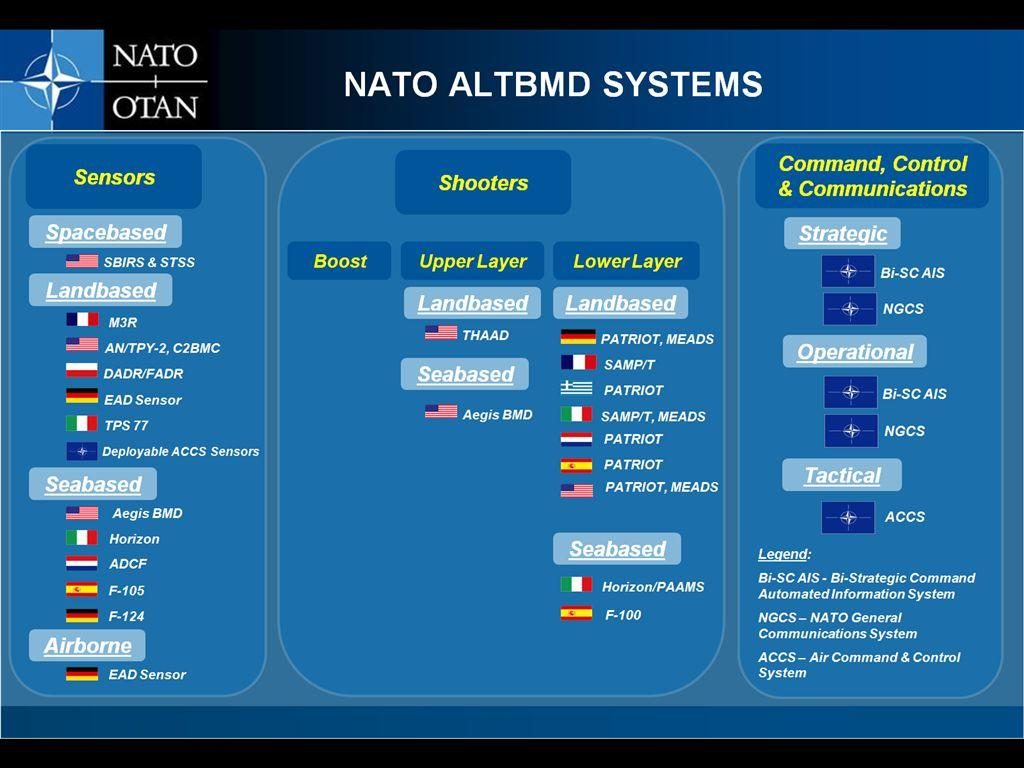
From Madeline Albright and Igor Ivanov, the International Herald Tribune: Moscow and Washington need a better understanding on missile defense, which otherwise could stall further nuclear reductions. The United States, NATO and Russia should vigorously pursue possibilities for cooperation in this area; genuine collaboration could dramatically change how the sides perceive one another.
One idea is early establishment of a NATO-Russia center to integrate and assess data from their early warning radars and space sensors. Given today’s technology, this could be done virtually, with an electronic link between the Russian and NATO command posts.
A real center, however, manned jointly by NATO and Russian military officers, offers advantages. The experience of military personnel working side-by-side will increase transparency about missile defense capabilities and boost trust between Russia and NATO.
Another important step is to resume and expand joint Russia-NATO training exercises and tests in the missile defense area. This also can significantly promote mutual transparency and trust.
Looking to the longer term, NATO and Russia could consider how they might further combine their missile defense systems. Ballistic missiles travel very fast and give little warning time, so decisions to launch an interceptor must be based on pre-planned protocols or instructions. NATO and Russia might initiate work to develop a joint protocol to guide Russian and NATO military officers in their separate decisions on launching missile interceptors. …
Outside issues can affect nuclear reductions. For example, progress on limiting conventional forces in Europe would likely facilitate negotiations on non-strategic nuclear weapons.
Finally, nuclear arms control cannot forever remain a U.S.-Russia-only enterprise. The permanent members of the U.N. Security Council will meet in June to discuss nuclear issues. Moscow and Washington might consult with British, French and Chinese officials and on how to multilateralize the nuclear arms reduction process, perhaps starting with a data exchange among the five countries. At some point, other nuclear states should be brought into the process.
Madeleine Albright was the U.S. secretary of state from 1997 to 2001. Igor Ivanov was Russia’s foreign minister from 1998 to 2004. (graphic: NATO)
Image: nato%207%206%2010%20ALTBMD%20systems.jpg
